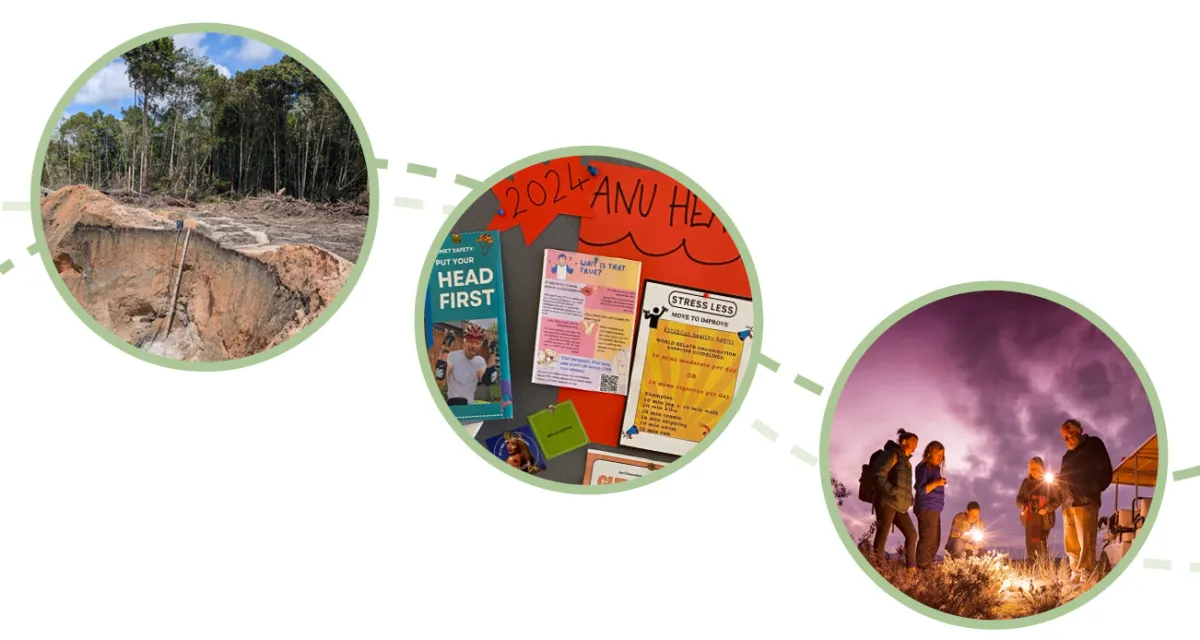
Science communication for human and planetary health
About
Developing a deep understanding about the interlinked challenges of human and planetary health is arguably now more pressing that ever. Major issues, such as climate change, biodiversity loss, pandemics, biosecurity and pollution, as well as mundane everyday actions, shape the conditions within which people and the rest of life on Earth are – or are not able to – thrive. There are many complex communicative interfaces between scientific and social systems that shape people’s ability to live long and healthy lives and our capacity to monitor and manage human impacts on the many environments we inhabit around the world.
In this research theme, we ask how the communication of scientific, technical and medical knowledge can contribute to just and sustainable futures for both people and planet. We are interested in how knowledge, values, and innovations (both social and technological) move and differentiate as they travel across communities, governments, and global institutions. This includes the way expertise is recognised and challenged (see the research theme on Evidence, Expertise, and Public Policy), how novelty emerges when science interacts with culture and society, how societal transformations unfold, and how different ways of valuation influence decisions about health and the environment.
Our work spans examples from understanding misinformation in pandemic responses to critically analysing who bears the cost and benefit from energy transitions. We explore the role of communication in health choices, beliefs, behaviours and policy and experiment with participatory approaches to foster transformative change for nature, food systems and the climate. We engage with issues of equity and justice in health and environmental communication and critically examine the understanding of risk and uncertainty in governance systems. Our approaches range across interviews, ethnography, yarning, co-creation, creative practices, and historical and cultural analyses.

Some areas of research interest include, but are not limited to:
- How is expertise produced, communicated and contested in crises, such as, health/pandemics and environmental crises?
- How do societies or experts decide what count as valuable material or knowledge? And how can valuation methods reflect plural perspectives?
- What communicative practices support and suppress effective responses to human and planetary challenges (e.g. Sustainable Development Goals, inequality, energy transitions, etc.?
- How can transdisciplinary approaches and knowledge co-production across science, policy and other communities ‘open up’ systems thinking?
- How can we develop alternative scenarios and imaginaries of human progress to drive meaningful change?
- How can art, aesthetics, and other knowledge systems help us better understand our place in the natural world and our responsibility towards non-human species?
Most individuals in CPAS work under this theme. Please see our full list of Academics here.
